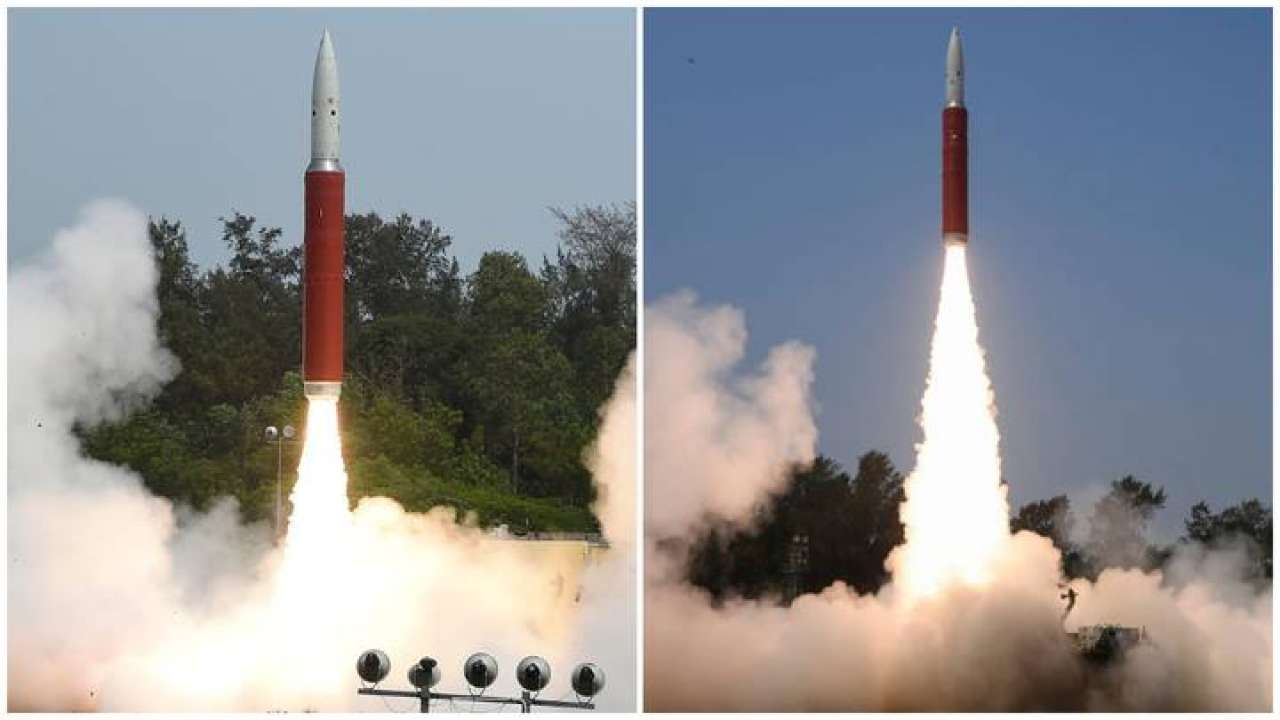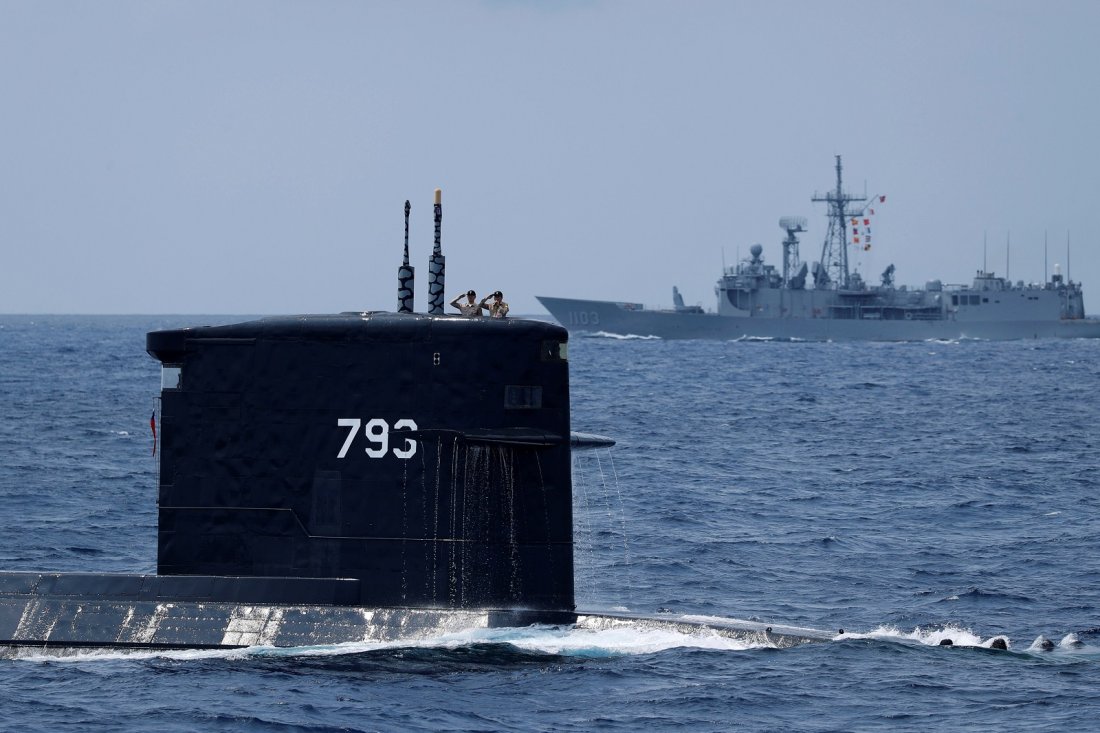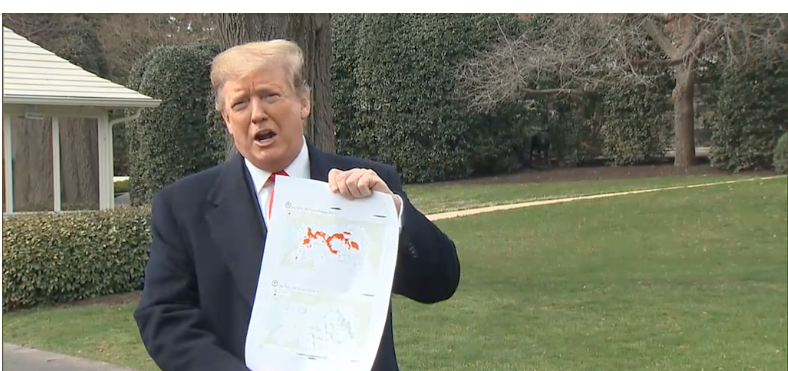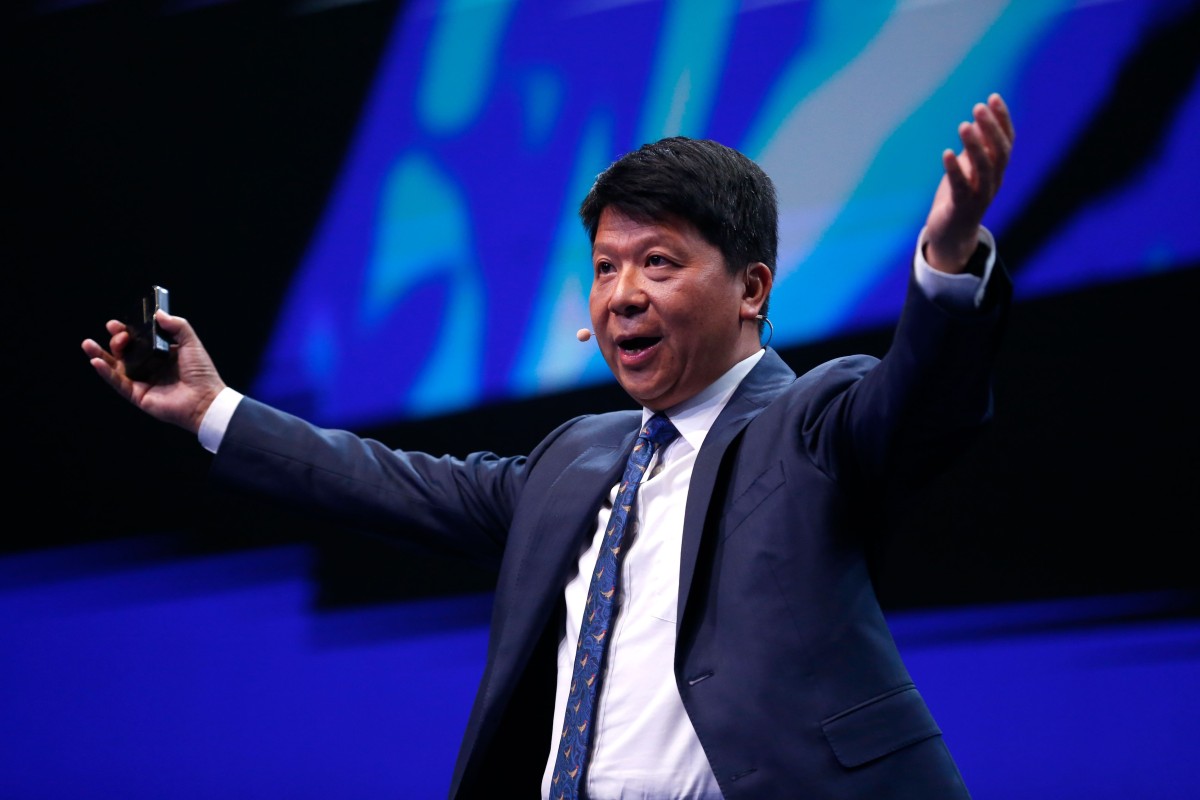Amb Satish Chandra
 India's successful conduct of ‘Mission Shakti’ - an anti-satellite (A-SAT) missile test - on March 27, 2019 is testimony to its growing military and scientific prowess. The test entailed the destruction of an Indian satellite operating in lower earth orbit through the use of a ballistic missile defence interceptor which is part of the ongoing Ballistic Missile Defence (BMD) programme.
India's successful conduct of ‘Mission Shakti’ - an anti-satellite (A-SAT) missile test - on March 27, 2019 is testimony to its growing military and scientific prowess. The test entailed the destruction of an Indian satellite operating in lower earth orbit through the use of a ballistic missile defence interceptor which is part of the ongoing Ballistic Missile Defence (BMD) programme.
The test required a very high degree of precision and technical capability as the 740 kg satellite presented a relatively small target, was nearly 300 km into space and was travelling at over 27000 km per hour.
Successful conclusion of this test, therefore, amply demonstrates India's capability to interdict and intercept a satellite in space. The only other countries to have so far demonstrated such capability are the USA, Russia and China. Mission Shakti is clearly a matter of justifiable pride for the entire nation, and all the more so as it was accomplished through indigenous efforts and technology.















/arc-anglerfish-arc2-prod-mco.s3.amazonaws.com/public/4DI3GFOQXRHLJJZMIN7TCVQ7DU.jpg)